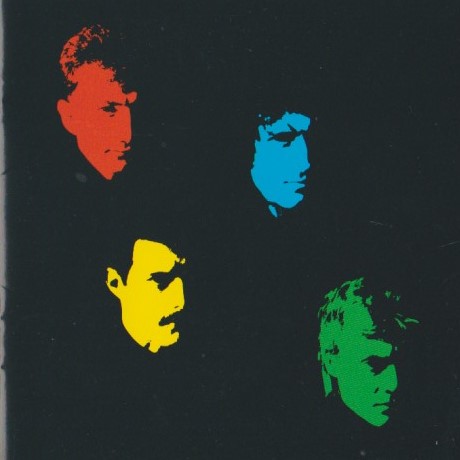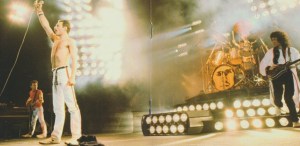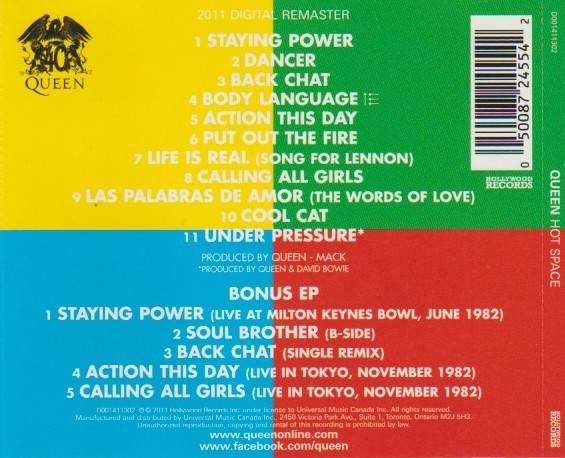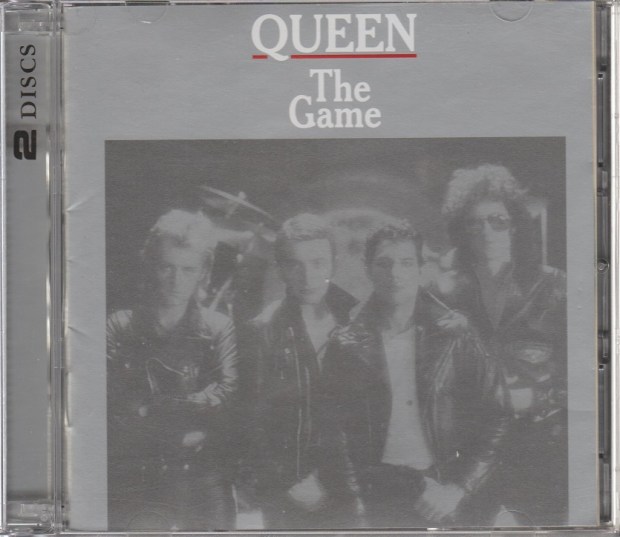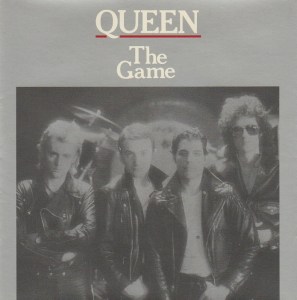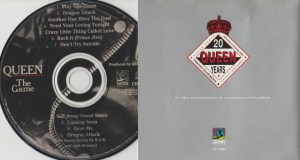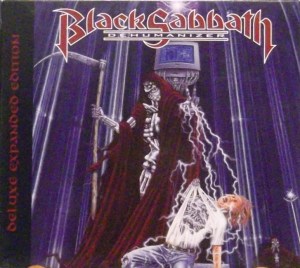 EXTREME – Extragraffitti (1990 A&M Japan EP)
EXTREME – Extragraffitti (1990 A&M Japan EP)
This little EP, exclusive to Japan, is almost like a miniature “greatest hits” for Extreme. Of the six songs, five were singles. You might say “It’s not a greatest hits if it doesn’t have ‘More Than Words’ on it, and that would be a valid point, but that breakthrough ballad hadn’t been released as a single yet in November 1990.
Opening with the current single “Get the Funk Out”, we are off to a good start. This track works most excellently as an opener. That bass rolls in, before the guitar riff starts to rip. Once the horns kick in, your face is thoroughly melted. This EP focuses on fun. There’s nothing here that’s a drag.
An edit version of “Decadence Dance” is unblunted. It’s mostly just the intro stuff that’s missing anyway, and that belonged on the concept album from which it came. The bonus here is you get Paul Geary’s cymbal count-in instead, which you can’t hear on the Pornograffitti album. So dance to the beat of the decadent drummer, and get rocked. This is one of Extreme’s best bangers, a full-on Van Halen romp with hooks and flash…as you like it.
Back to the self-titled 1988 debut album for the next three tracks. A remix of “Mutha (Don’t Wanna Go to School Today)” may have more bass, edge and clarity. It’s not a radical remix. Nuno’s guitar fills jump out nicely. The first Extreme album was a mixed bag of material, with none of it reaching the upper echelons like the second record. That said, “Mutha” was probably the best track of the bunch, and the most like what came later.
“Little Girls” only loses about 20 seconds, so you’re fine with this version. Again, it’s the opening missing. This song is notable for some remarkable harmonica playing by Rapheal May. Really impressive stuff here, just as superb as Nuno’s guitar work. The lyrics, however, can’t be saved. They were never good, even by 1988 standards. “Incestual blood is thicker than water,” has to be the worst words that Gary Cherone has ever penned to paper. Roll up your windows if you intend to sing along to this song. Shame the band is so hot.
The album version of “Kid Ego” is here unaltered, it’s just not that interesting of a song. The groove plods along in a lazy, 1980s way that every single band was doing. It sounds like every band had their metronome set to the same time.
The B-side “Nice Place to Visit” has been released in a number of places, such as the “More Than Words” single in 1991, but first it was the B-side to “Little Girls”. As an outtake from the so-so first album, this song is also so-so.
The final track, and the only one exclusive to this CD, is a message from Extreme! These messages from band members were fairly common on Japanese EPs and singles by Western bands. It is geared specifically for the Japanese fans, and it’s adorable hearing their deep Boston accents. This message is fairly light. Nuno talks about their goals as a band, and Gary assures the fans that they will see them real soon. Apparently, the Japanese fans also sent the neatest, tidiest mail.
Good EP for its time. There’s even a sticker inside.
3.5/5 stars




